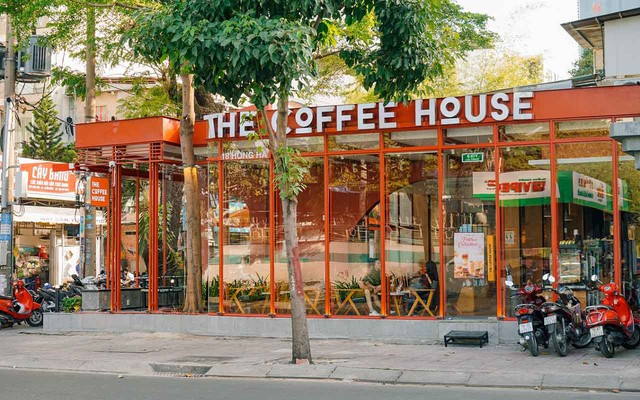Recently, consumers have been taken by surprise as The Coffee House chain abruptly shut down its outlets in Can Tho City after more than five years of operation. This trend is not isolated to Can Tho; the chain also plans to close all its stores in Da Nang after over seven years of business. Additionally, several branches in Hanoi and Ho Chi Minh City have quietly withdrawn from the market.
A representative from The Coffee House confirmed the closure of their Can Tho and upcoming Da Nang stores. “In the current context, optimizing costs to improve operational efficiency has become a priority. This decision aims to adapt to changing conditions and ensure the overall business effectiveness of our system. As for our stores in Ho Chi Minh City and Hanoi, we open and close them based on business performance and contracts with landlords, maintaining a consistent number of 58 stores” – the representative stated.
The Coffee House’s store closures have also occurred previously at some once-popular branches, including Kim Ma, Nguyen Tuan, Bui Thi Xuan, and Van Quan in Hanoi, as well as Pham Van Chieu in Ho Chi Minh City and Lach Tray in Hai Phong.
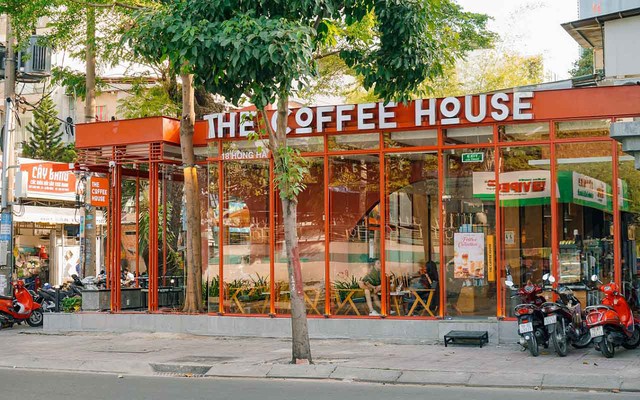
A The Coffee House outlet in Can Tho.
The Coffee House used to be one of the largest cafe chains in Vietnam. According to Statista’s statistics as of April 2022, the chain ranked third in the number of stores, only after Highlands Coffee and Trung Nguyen.
THE DECLINE OF THE COFFEE HOUSE
The impact of the Covid-19 pandemic and fierce market competition have taken a toll on The Coffee House’s business performance in recent years. While competitors like Phuc Long, Starbucks, and Highlands continue to aggressively expand, The Coffee House has witnessed a significant decline in the number of its outlets this year.
At the beginning of 2023, the brand boasted 157 stores, but this number has now dropped to 117, moving them from the third to the fourth position in Vietnam. Most recently, The Coffee House completely withdrew from Can Tho and will soon do the same in Da Nang, as mentioned earlier.
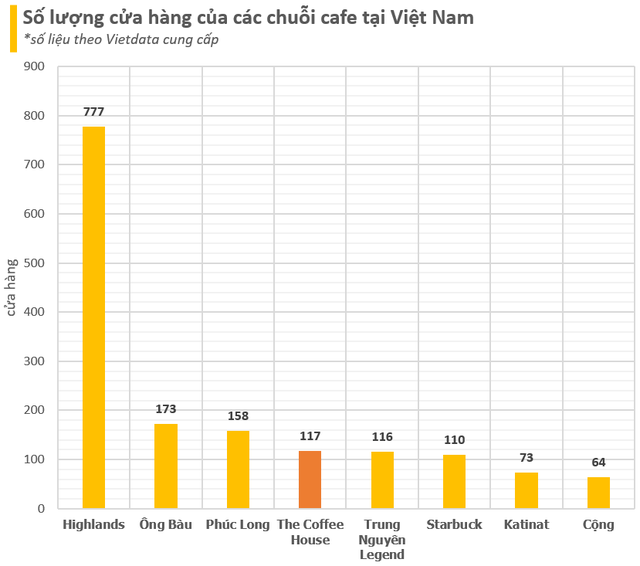
The Coffee House’s decline is evident not only in the shrinking number of stores but also in their consecutive years of financial losses. According to Vietdata, The Coffee House is one of the two cafe chains that reported losses in 2023.
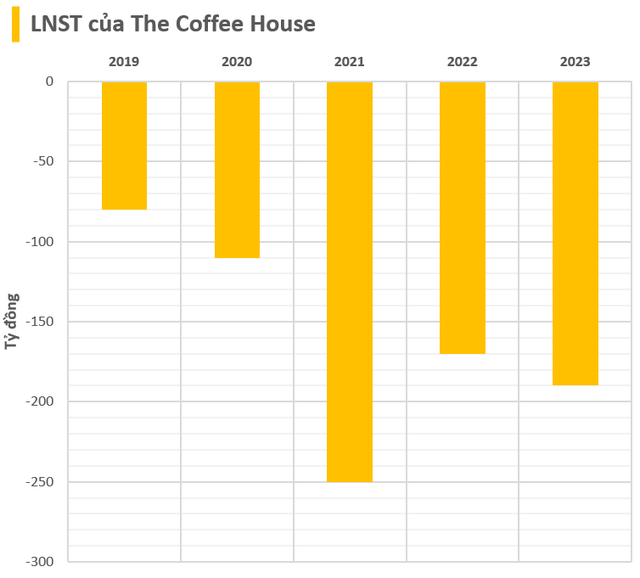
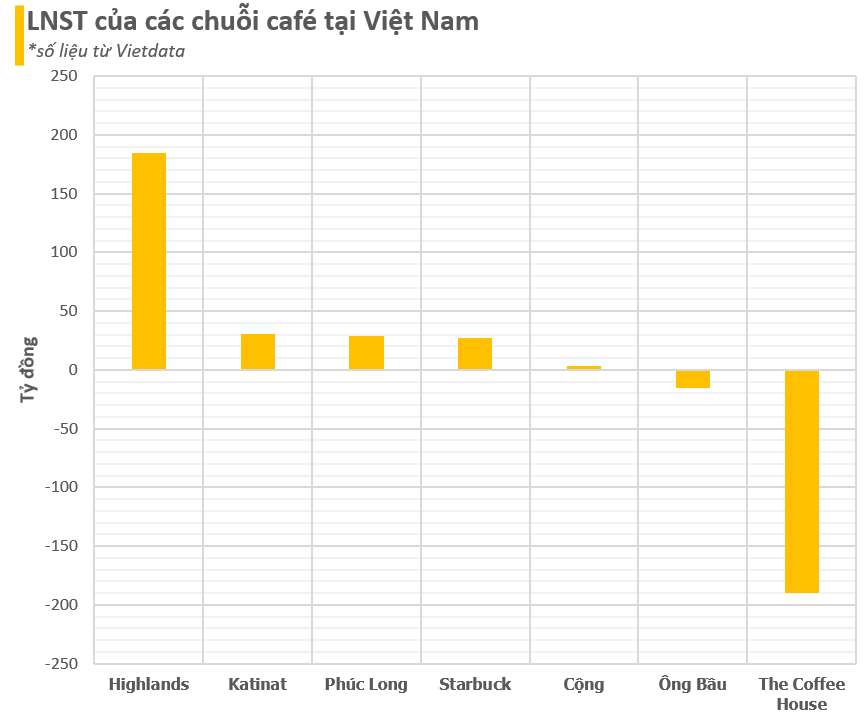
Founded in 2014, The Coffee House stemmed from Nguyen Hai Ninh’s dream of creating a “cafe house.” Prior to this, Ninh was known as the co-founder of the Urban Station cafe chain. The Coffee House expanded rapidly, and just three years after its inception, the brand had established 60 stores in Ho Chi Minh City.
In 2018, Nikkei Asia recognized Ninh’s startup as the fastest-growing coffee startup in Vietnam. By 2022, The Coffee House had reached a remarkable milestone of 155 stores across various provinces and cities nationwide, as per their website.
Beyond their tea and coffee business, The Coffee House once harbored ambitions to expand into the bubble tea market. In 2017, the company acquired the franchise rights for the Taiwanese brand Ten Ren. However, less than two years later, all 23 Ten Ren stores ceased operations in Vietnam due to underwhelming performance.
The Coffee House is currently under Seedcom, a retail ecosystem conglomerate that includes companies like Juno, AhaMove, and Giao Hang Nhanh. Last year, Seedcom raised VND 50 billion through bond issuance to boost its operating scale and invest in its subsidiaries. The collateral for this issuance was over 1.8 million shares of the Vietnam Tea and Coffee Trading Joint Stock Company (the operator of The Coffee House) valued at over VND 200 billion.
This equates to a valuation of over VND 1,100 billion for The Coffee House.
According to its business registration in 2023, The Coffee House has a charter capital of VND 150 billion, of which more than 23% is held by the fund Ficus Asia Investment. Ficus is based in Singapore and was founded by Dinh Anh Huan, co-founder of The Gioi Di Dong and Seedcom.

